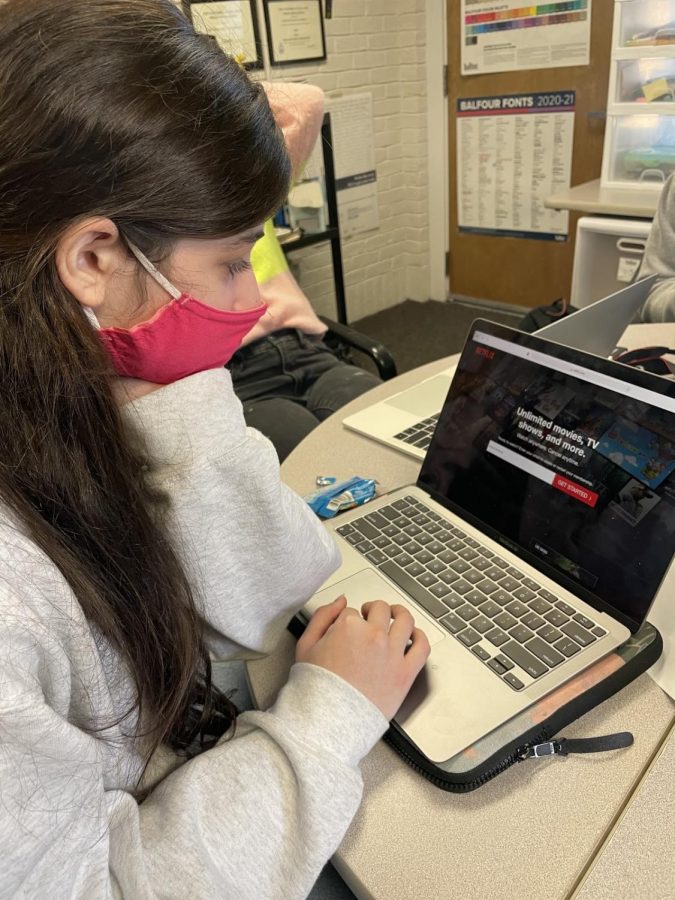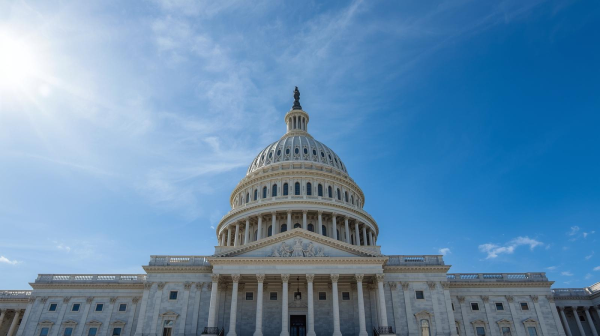Those Who Suffer And Those Who Profit
1 million cases. 2.9 million deaths. An entire world put under quarantine to escape a disease that lurks within our associates, our family and even ourselves. So with all this suffering felt through the world, on the other hand, what companies have profited off of the pandemic? Who has found themselves turning this tragedy into a business venture and succeeding?
Any business that enabled people to physically distance more, quarantine effectively and provide adequate connection to those they wish they could see made a profit while other businesses cut their losses. According to Statista.com, “During the third quarter of 2020, Amazon generated total net sales of almost 96.15 billion U.S dollars, surpassing even the 69.98 billion U.S dollars in the same quarter of 2019.” Logically, this makes sense: people are at home and are in sudden need of purchases that can be enjoyed from the indoors. Video games, supplies and new gadgets are just a few examples of the things people demanded more of all of a sudden, and Amazon was readily able to supply.
PayPal, also according to Statista.com, made 5.46 billion dollars in 2020 by their third quarter, a 1.08 billion dollar increase compared to their 4.38 billion dollar revenue in the previous year. It shouldn’t need to even be said that Zoom and to a degree, Google Meet both found their profit off of sufficiently supplying the demand for a video chat service that was teacher, student, boss and worker-friendly, as everyone was unable to see one another face to face. They say that modern problems require modern solutions, and the video chat services are the epitome of just that.
Essential businesses, such as grocery stores also thrived. Restaurants were closed, and people were forced to cook and eat their own food. These places also supplied not only the ability to home cook meals, but commodities such as toilet paper, hygiene products, hand sanitizer and other pandemic-centered essentials for the home.
Speaking of the home, while the movie industry broke down as people were unable to see movies in theaters that they had wished to, streaming services were the obvious next best things. Confined to their houses with nowhere else to go, people of all demographics turned to Netflix, Hulu, Disney+, and more for new shows and movies to be constantly available.
There you have it. Victim to circumstance, many businesses closed down unable to stay afloat in a falling economy and with customers too paralyzed with fear, sadness and trapped by legislation that kept them away from their local shops to spend their money there. However, by situational convenience other companies didn’t only financially survive the pandemic, they made a profit.
Image courtesy of Chey Ann Boyd ’21.






